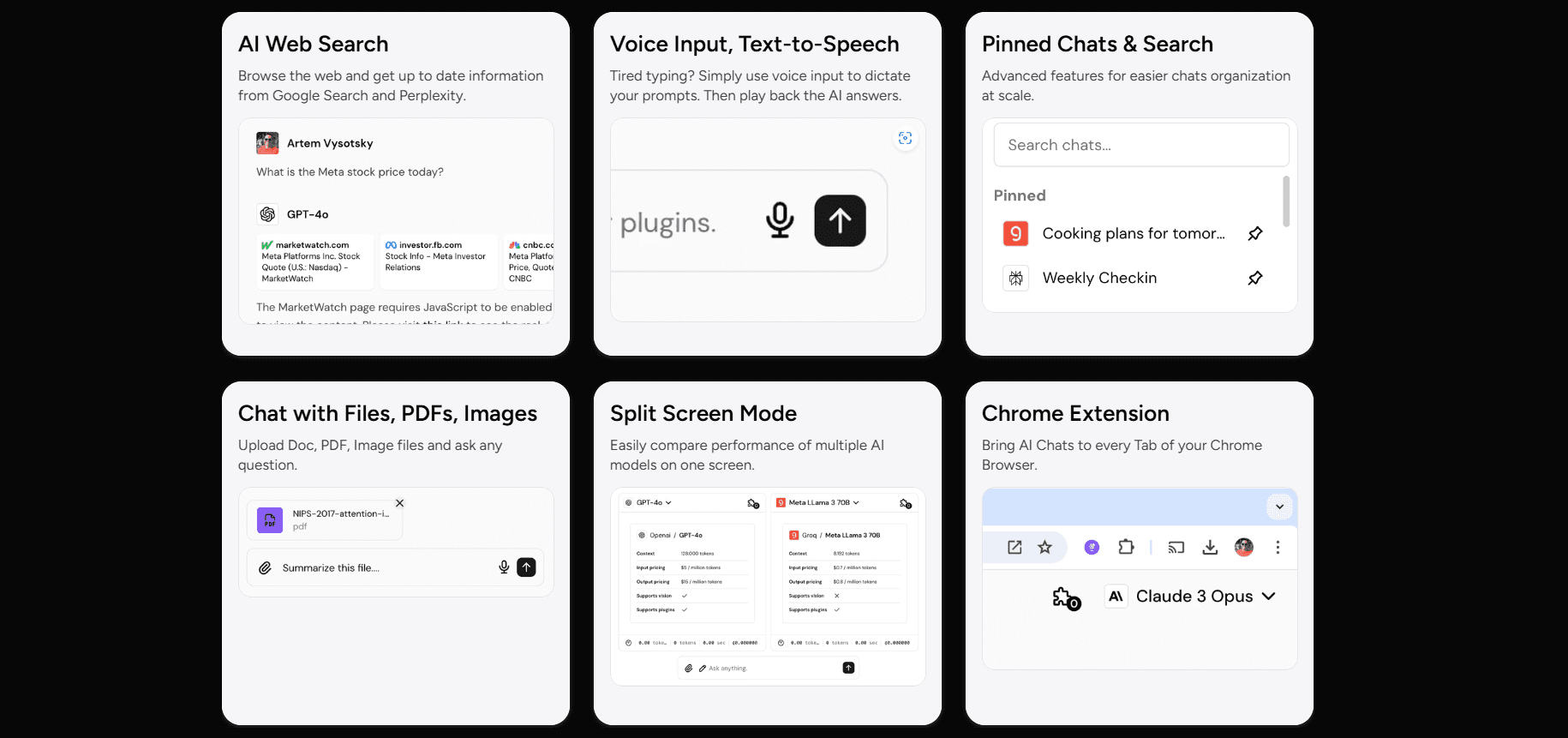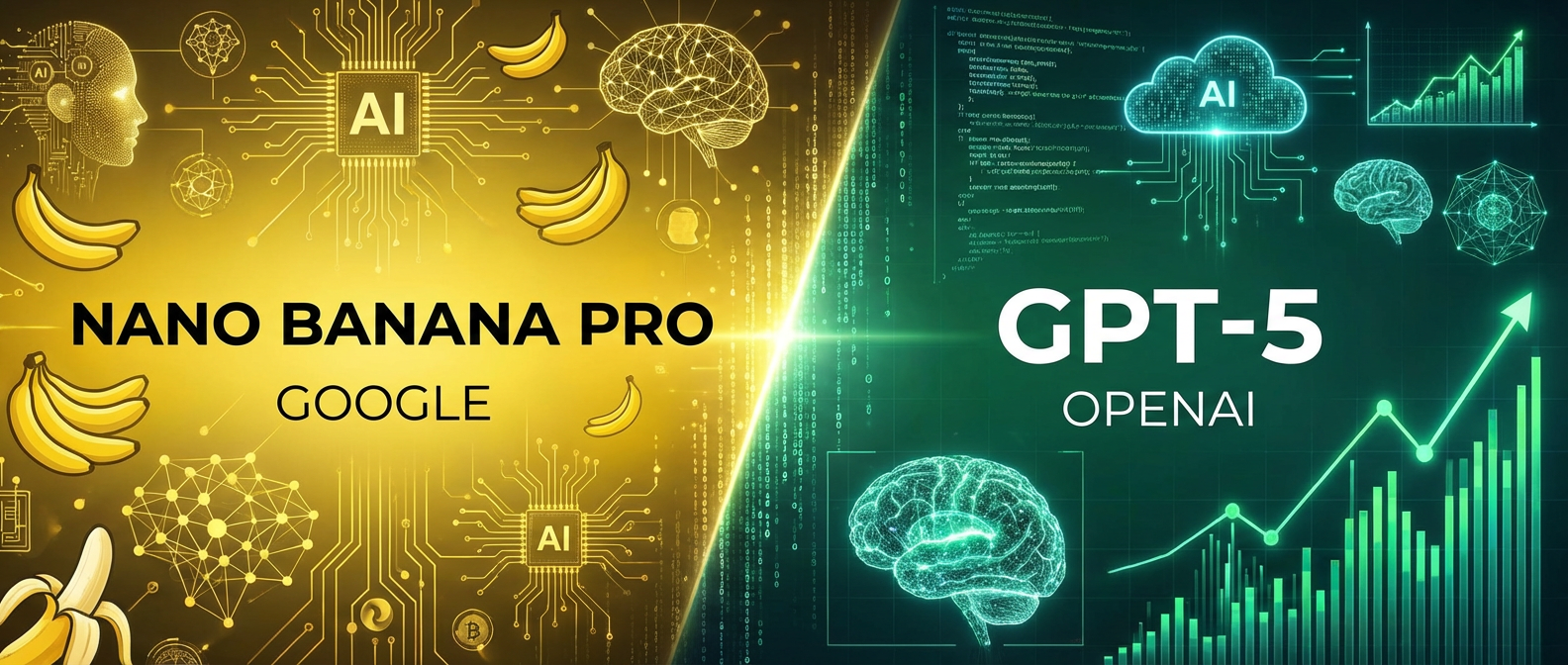Not long ago, financial analysts and everyone interested in finance, needed to spend countless hours behind the spreadsheets, reports and tons of financial data. With the AI boom that we now experience, chatbots and neural networks already started to assist with finance-related tasks. AI can do a great job with financial statement analysis, forecasting, or even financial modelling.
Introduction
My name is Artem, I am an AI enthusiast and a bit of a finance gook myself. In a couple of years I’ve seen how those tools parse statements, build models or chat about financial data in understandable and plain English. That is why here I would like to guide you on how to make financial analysis with AI in 2025, whether you need AI financial statement analysis platform or if you want to analyse some balance sheets. There will also be useful finance AI chatbots that will answer any finance-related questions of yours. I will share both free and paid options here, and will share my personal observations on each one, pros and cons as well. It will give you a clear overview and let you understand what financial analysis AI to proceed with for your needs exactly.
For a quick overview, let’s start with a basic spreadsheet of all the tools I am going to review today. Here you will also find key features, brief pros and cons and pricing that I was able to find on their websites.

Quick Comparison Table of Top 6 AI Finance Tools
For a quick overview, let’s start with a basic spreadsheet of all the tools I found, most of them are also reviewed below. Here you will also find key features, brief pros and cons and pricing that I was able to find on their respective pages.
Tool | Key Features | Pricing | Pros | Cons |
Multi-model AI assistant; Document & PDF analysis; Text and image generation, web data, Chat with Files; Sources | Free basic tier; Premium plans from ~$10/month | All-in-one platform; Supports 200+ AI models. Easy chat-with-files feature for reports | Requires Chrome extension for full use; Free tier has daily limits | |
General-purpose AI chatbot (GPT-3.5/4); Code Interpreter for data analysis; Large knowledge base | Free (GPT-3.5); $20/mo for GPT-4 (ChatGPT Plus) | Extremely powerful language understanding; Easy to use Q&A format; Plugins for PDFs and web browsing | Not finance-specific (no built-in financial data); Knowledge cutoff without plugins; May require careful prompt tuning | |
Conversationalchatbot with cited sources, Investment research assistant; 10+ years of financial statements & KPIs; | Free tier (5 years of data); Pro plans ~$79/mo | Finance AI chatbot specialized for stocks; Up-to-date financial data; Provides source links for answers, dashboards and metrics | Higher tiers can be pricey; Focused on stocks (not for personal budgeting or non-stock finance tasks) | |
AI financial search engine; Analyzes filings, earnings calls, news; Sentiment analysis (multi-language) | Enterprise (custom pricing) | Document search for financial analysis; Can reveal market sentiment shifts early. | Expensive, enterprise-focused; Not a simple Q&A chatbot (more of a research platform) | |
AI investment platform; AI financial modeling for stock picks; “K Score” equity ratings; Portfolio optimization tools | Free trial; Paid plans (pricing varies) | Advanced machine learning for stock screening; Covers stocks & crypto; Helps uncover patterns a human might miss; Integrates multiple data sources | Primarily for investors/traders; Learning curve to interpret AI-driven scores; Limited use beyond investments | |
Datarails FP&A Genius | FP&A automation suite; Chatbot answers on company data; AI-generated reports & forecasts; Excel integration | Enterprise (FP&A software license) | AI for FP&A teams; Conversational interface for financial plans Cuts budgeting/reporting time significantly | Geared toward companies (needs your data); Not a standalone app for individuals; Pricing on the high side (enterprise software) |
(Pricing is approximate or based on available plans as of 2025. "Free" indicates a free tier or trial exists.)
Review of Top 3 AI Tools for Financial Analysis in 2025
Let’s dive into each single one of those AI-based financial analysis tools and see, which of them stand out and in what ways. I will share what each tool does and how to use it. I will also review strengths and weak sides of those financial analysis tools.
WritingMate.ai – a multi-model chatbot for finance
Let’s first go over one of the most multi-use tools that financial analysts often chat with to get their tasks done in mere minutes. It also became my go-to AI tool for most of my tasks, including managing, planning and analysing finances. It has over 200 of the best AI models, right in one place, in one chatbot, with a subscription that starts at 9 dollars and does not require other AI model chatbot subscriptions or API keys.
In practice, this tool lets to switch between various AI models like GPT-4o that is decent for AI financial modeling, or the most recent Claude 3.7 Sonnet, reasoning models, openAI o1 and o3 models, Llama and much more, within one interface.
There is one favourite feature that everyone who deals with spreadsheets, documents and a lot of data would find useful. You can chat with documents inside Writingmate Chat. Let’s say I have a heavy PDF of a company annual report. I can upload it into WritingMate and then ask questions like "Summarize the risk factors mentioned."; "What were the key revenue drivers this year?" or even "Double-check online if all the information in the document is up to date as of 2025" because chatting with files also has internet access with Writingmate AI tools, right out of the box.

Writingmate platform, Chat, supports a huge variety of file types like PDF Excel tables, Word, csv and all other kinds of documents. You ca use any AI model you like to analyze your data and it is very easy to use.
I once had to summarize a 130-page financial report with GPT-4o then generate key insights with Claude Sonnet 3.7 and calculate some heavy math with openAI o3, all right from Writingmate Chat AI.
Pricing: There is a full free tier, that lets you use a majority of the features and a lot of models, but has limits when it comes to pro-tier models. Some AI features are unlimited while others have their limit, that’s what I say. For heavy daily use, premium tier starts at $10/month and unlocks almost all powerful modles and a lot larger user limits. Compared to some specialized finance AI tools or simply other chatbots that can do AI financial statement analysis for example, I find Writingmate’s pricing very reasonable and affordable. This can be the best AI for financial analysis if you want to stay flexible and get a bang for your buck.

Pros: very useful for finance tasks like summarizing reports of AI financial modelling, has multi-model support, assistants, prompt libraries, math-heavy models and lets you chat with AI using files. Also has model comparison, lets any model to access the web, and is like your swiss army knife to all AI needs.
Cons: Because it can do so much, Writingmate is not exclusively about finances. It’s hard to build stock charts in here for now, though image generation capabilities of this chatbot can help to create an outline, a background, and can also help. There are usage caps to a free tier, but a paid tier cost is a good deal for best AI financial analysis.
Start using Writingmate here: writingmate.ai
FinChat.io – a Chatbot for Investors
Let’s say you want to do a heavy investment research. To analyze stocks, to read fin statements, to dig into KPI of companies. FinChat sais it is ‘The complete AI-powered stock research platform’ and from my experience it works just fine for its tasks. It is purpose-built for finance and combines a rich database with a simple UI.
Say you want to research AAPL stocks. Instead of manually sifting through Apple’s annual reports, financial statements or baity news, you can ask FinChat questions like "What were Apple main revenue streams last year?" or "How have their gross margins trended over the past 5 years?" Giving you answers, FinChat often cites the sources like specific investor reports. That’s like having your own analyst that shows work and cites where it got all that info.
You can start using it here: finchat.io
Pricing: FinChat offers a Free plan which includes 5 years of financial data for companies and a couple of years of segment data + some limited number of AI Q&A prompts. There’s also a 2-week trial of Pro. For more serious use, the Plus plan ($24/month when annual) expands to 10 years of data. Pro plan after trial ($61/month on annual) gives 20 years of data & non-limited AI prompts, also excel extension and more.
Pros: it is highly specialized for financial Analysis AI and is targeted at investors and analysts. It is based on similar technologies as Writingmate yet is more niche. That is both a pro and a con, as you can’t go outside those finance information databases so easily. Everything here is in one place though: data, AI, charts etc. This can help your workflow be more efficient.
Cons: Narrow focus on publicly traded companies. Primarily stocks, some ETF, and if you ask outside of those topcs, like personal fin advice, private business analysis data, crypto or other, FinChat may not be as useful as more general-use AI tools. It is not quite a budgeting tool, not quite a general AI chatbot. To get mot of it you need quite a pricey plan that may be even 60-79 dollars per month. Still cheaper than Bloomberg Terminal by far but costs more than DIY-ing your way with free or affordable AI tools.

ChatGPT as the Generalist that Does Finance
We enter an age of generalist now because a popular chatbot like GPT can do most everything, yet often does it in mediocre ways. OpenAI’s chatbot is loved for its human-like conversation skills. It's particularly useful in finance even but wasn’t specifically made for it.
The tool is great at explaining financial terms, summarizing analyses, or even writing Python code to analyze financial dta like stock prices.
For basic things, like explaining "EBITDA" or financial crises, it offers clear and often accurate answers and will be very useful for finance beginners.
However, there are some limits. Free versions only know information up to late 2021 and don't update with new market events unless the browsing feature is used, or you say ‘search the web’ in your prompt. Als while GPT seems always confident, it can still make mistakes. This means it's wise to double-check the facts, especially for serious matters.
Pricing: For more advanced tasks like handling Excel or CSV files, the paid Plus version ($20/month) allows this with its "Advanced Data Analysis" feature. This is quite similar to what Writingmate does at a lower price point. GPT’s version, however, can make some charts and calculate data metrics all from within a chat. It’s like having a digital assistant who can code & then analyze data real fast. While it won't replace professional finance software, it can definitely help make the workflow faster.
Pros: very easy to use, just ask in human language. Can do a lot of tasks, explain concepts, draft texts and mails, brainstorm investment ideas and investment strategies with AI, even make some spreadsheet formulas or code snippets for analysis.
Cons: very limited free tier. If you need 4o and / or real time web data, you only have a few messages per day. Images are also limited. Price of a basic paid tier may be too high for what it offers. GPT also stays very general and has a narrow feature set. It is a pleasant chatbot but lacks a lot of specific tools, other AI models and has a lot of user caps that limit you most wherever you go.

AlphaSense, Financial Analysis AI search engine for Enterprise
If you want huge scale, AlphaSense may be a way to go. It is a tool for people who work in large financing companies, f.e. analysts or investors. It helps them find important financial information fast by searching through many documents, news articles, reports and a pile of other big data. Think of it as a super Google for finance with smart features that understand what you're looking for, an InvestGPT for enterprise.
Pricing: Prices aren't listed publicly but it tends to be very expensive. This one is mainly for big companies, but some small teams do subscribe. AlphaSense is totally not meant for casual users, as you have to consider it an investment in valuable information.
Pros:
It's really good at finding and understanding financial documents and saves businesses a lot of time cause it's faster than doing all research in a manual way.
Can understand the mood of the documents, whether they're positive or negative.
Allows you to set up alerts. That way you know when new information on a topic comes up.
Cons:
It can be costly and isn’t usually for individual users. It also takes a lot of time to learn how to use it well.
The interface might be complicated if you're used to simple tools; AI gives you search results to piece together, rather than complete answers or judgements.
You can learn about its current features here: https://www.alpha-sense.com/

Three Finance AI Honorable mentions
Zest AI is a tool that focuses on lending and credit analysis. It uses machine learning to make better credit scores: it looks up alternative data. Banks and fintech do rely on it to automate loan processes & manage risks effectively. It’s not primarily for investment analysis, but plays a significant role in finance with AI-based capabilities. You can learn more about it here.
Here is also a video about using AI (either GPT inside GPT chatbot or on Writingmate) for investing and analysis of finance. Seems to be quite helpful.
Tipalti & Vic.ai are tools in the accounting and finance operations space. They use AI to automate tasks like reading invoices and reconciling accounts, making it easier to detect and fix errors. Tipalti can process handwritten invoices, automate approval processes; Vic.ai helps automate bookkeeping tasks with AI insights. These tools are fine for improving the efficiency of finance operations teams. Explore Tipalti here and Vic.ai here.
Personal Finance AI Assistants such as Cleo works as personal finance chatbots. They help individuals with budgeting and saving money by providing advice and answering questions. Not as advanced as other AI finance tools yet improving and useful for those who need to manage their personal finances better. Check out Cleo here.
Writingmate Has Best AI Models for Finance
Writingmate gives access to dozens of AI models that work with documents and calculations, PDFs, Word, Excel, reasoning, web searches and more in a single web app. It all works within a cost of one subscription and has a free trial because many of the features are working in a free tier.
That tool includes a complete GPT-4o, also GPT-4o Mini, Claude 3.7 Sonnet and Opus, Gemini models, OpenAI’s o1, and much more.
You pay once and get full and unlimited access to all of those professional models, nearly 20$ a month not just for GPT-4o or for a single Claude, but for every popular AI model for finance.
You also get a prompt library, text-to-speech, chatting with files, Model Comparison, custom assistants, and more.
Try Writingmate here, for free: https://writingmate.ai

And for more articles, guides and tutorials, visit out blog that we update regularly to help AI beginners and pros alike to get the most out of those technologies.
Until the next article!
Artem
Written by
Artem Vysotsky
Ex-Staff Engineer at Meta. Building the technical foundation to make AI accessible to everyone.
Reviewed by
Sergey Vysotsky
Ex-Chief Editor / PM at Mosaic. Passionate about making AI accessible and affordable for everyone.



